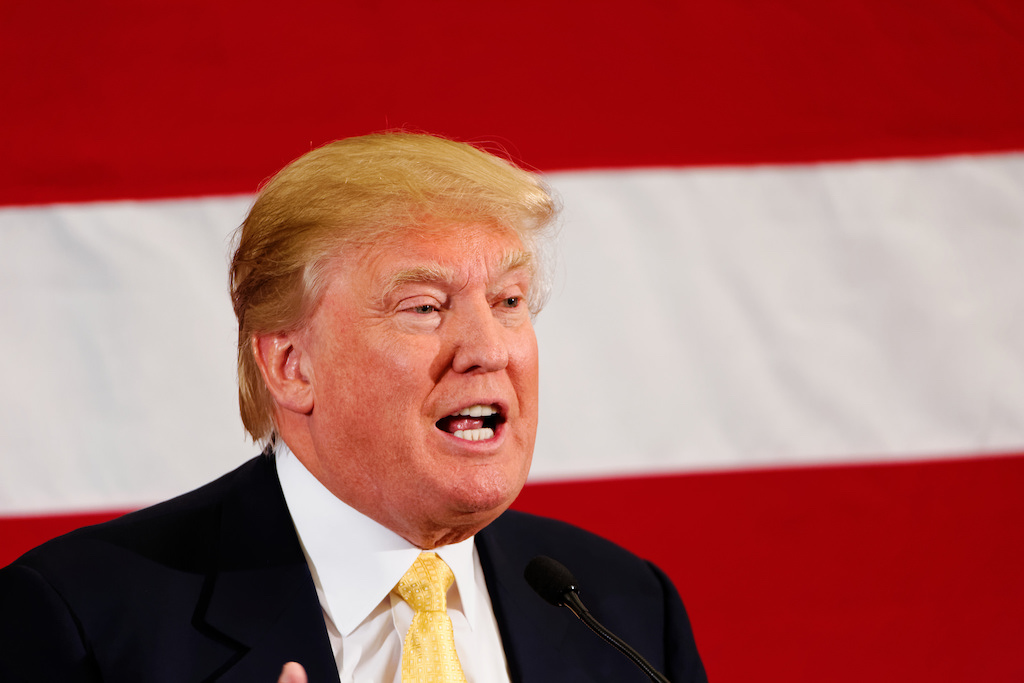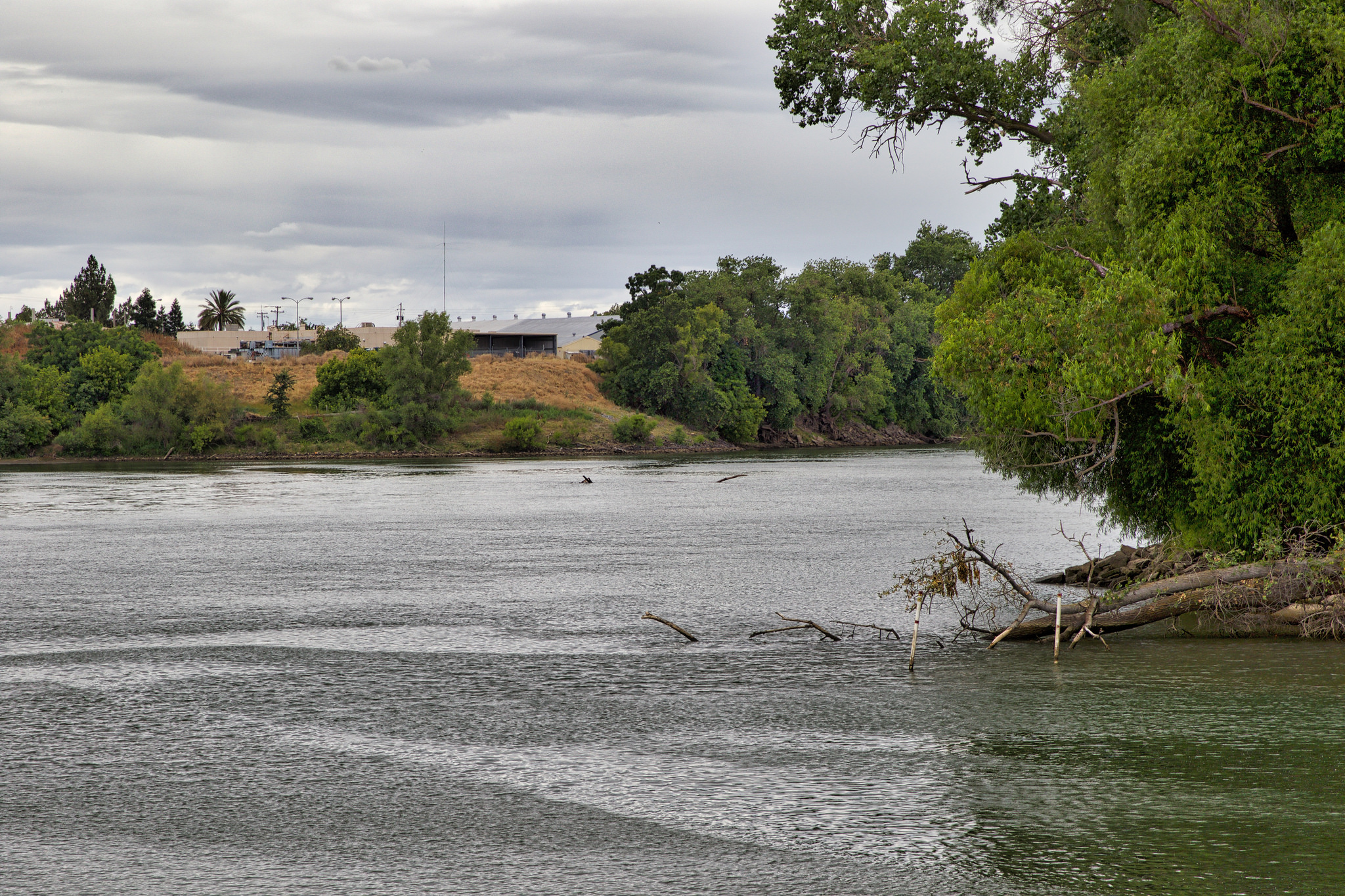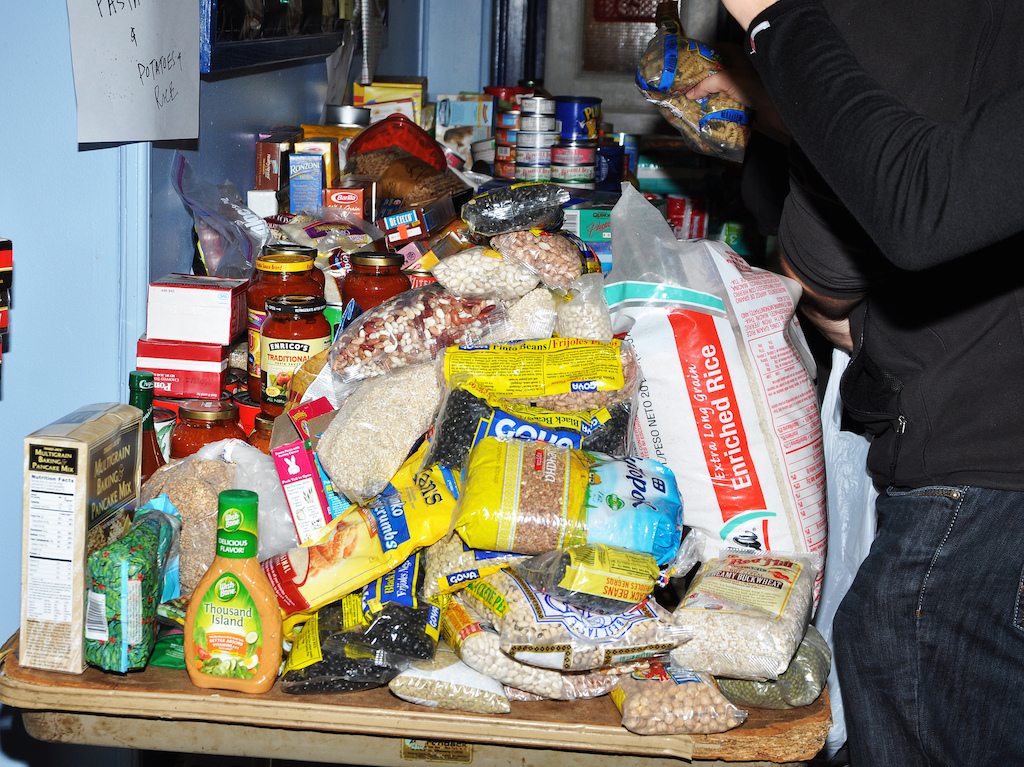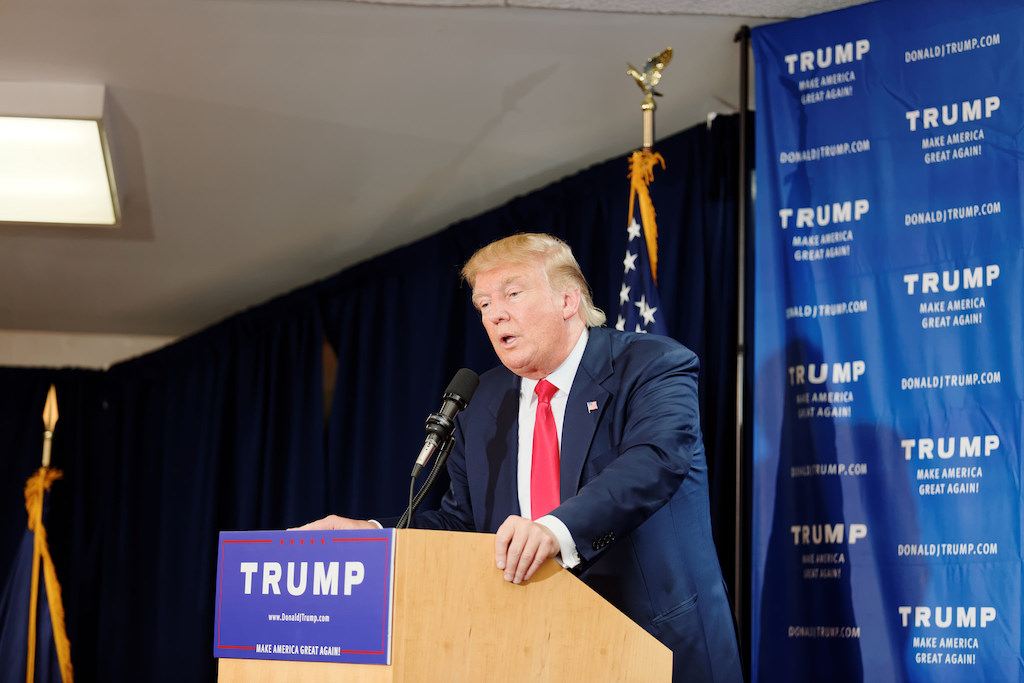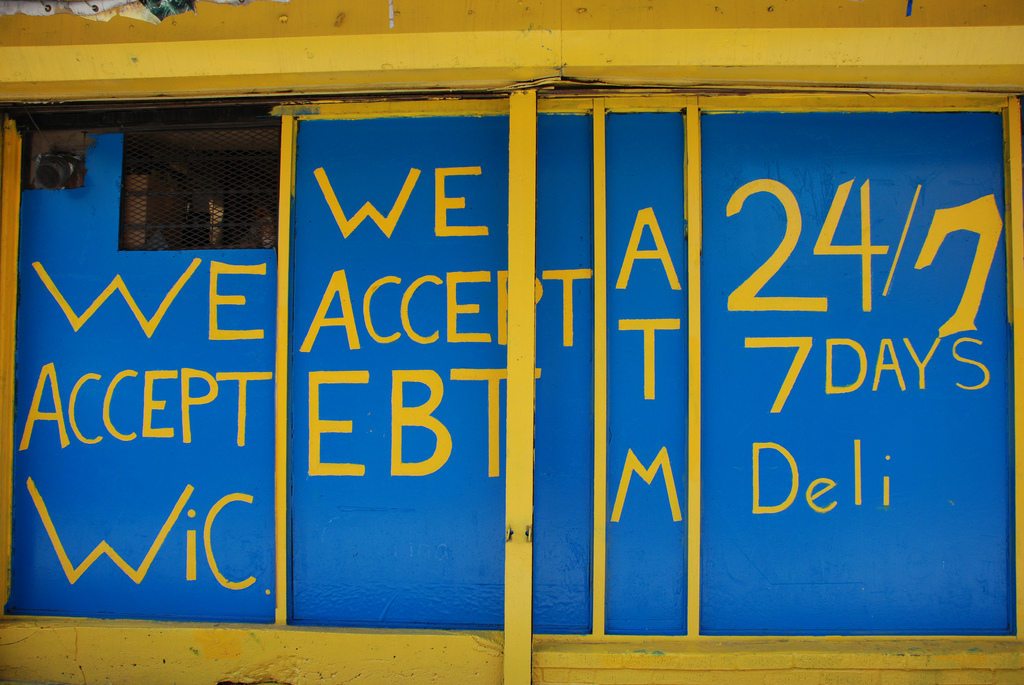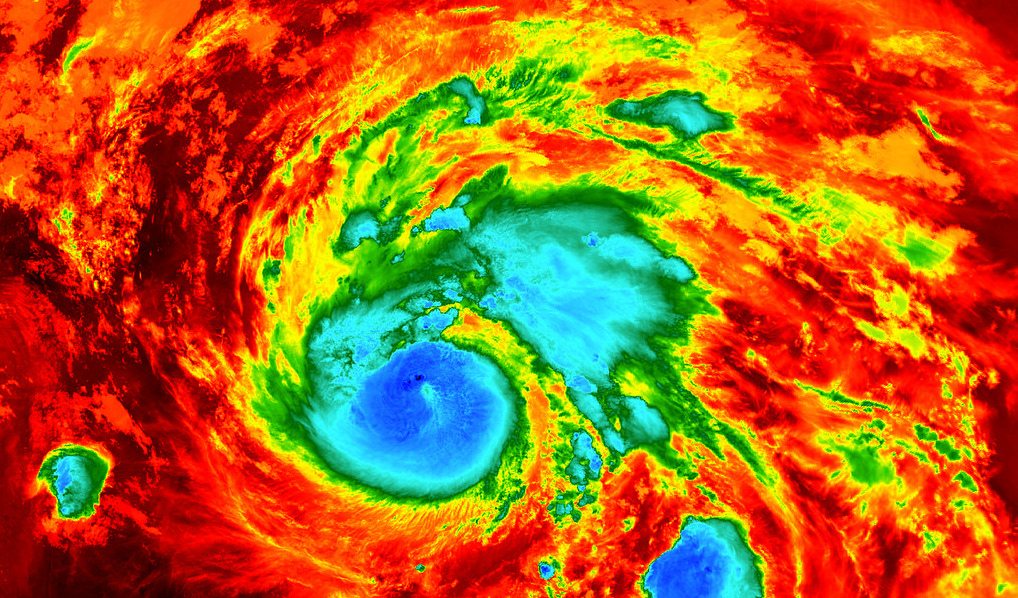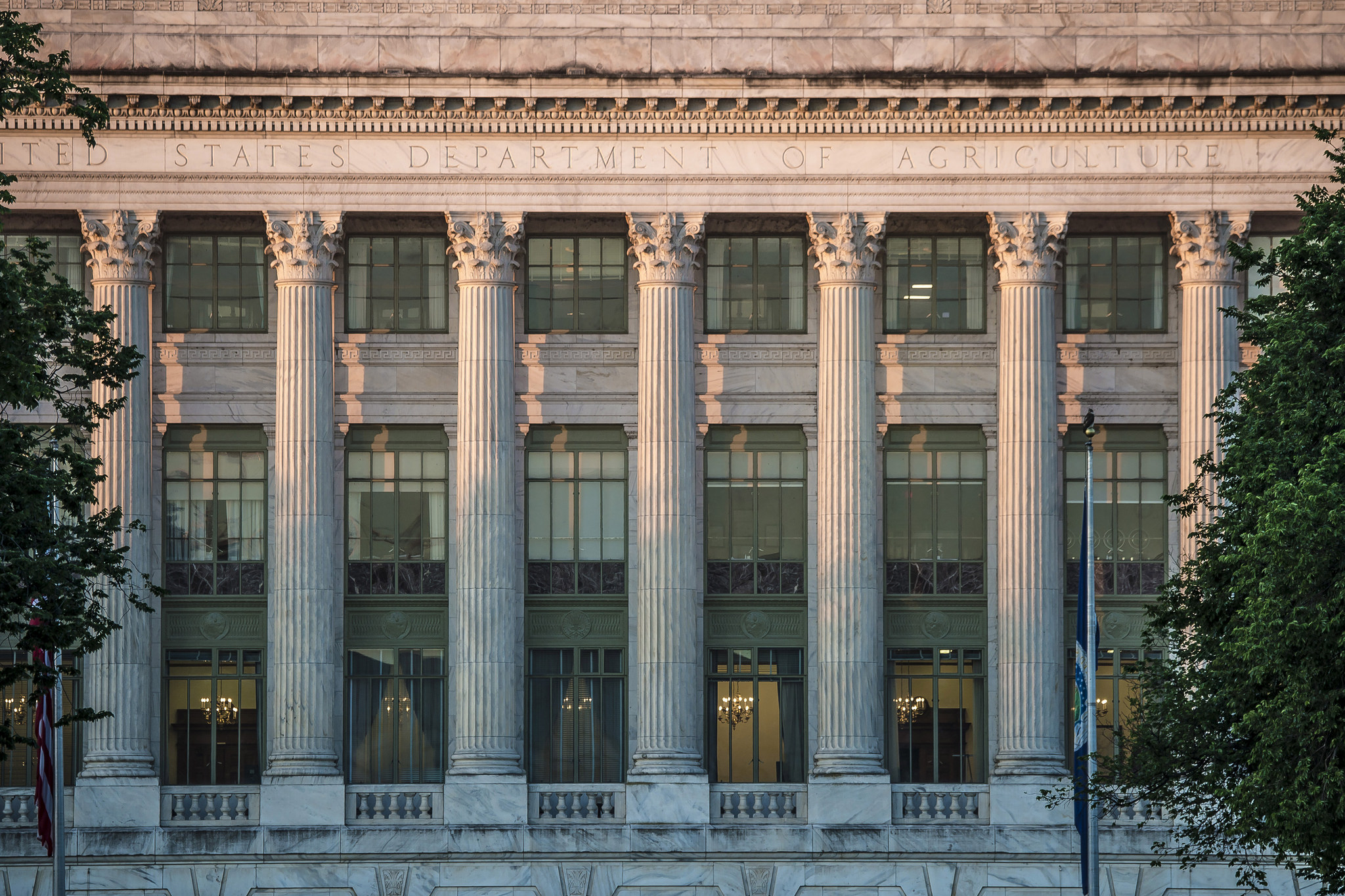Thursday marks the 27th day of the partial government shutdown sparked by President Trump’s continued insistence that Congress appropriate $5 billion to build a wall on the border between the United States and Mexico, and Democrats’ continued refusal to grant him that appropriation. There’s still no visible end in sight, but the president has floated the idea of declaring a state of emergency to end the standoff. (He’s since backed away from this idea.)
If the president did declare a state of emergency, he’d be able to use money from the Army Corps of Engineers to build the wall. There’s just one problem: That money is earmarked for natural disaster relief.
As we reported in 2017, Hurricane Harvey devastated Texas agriculture. Disaster crews mobilized to open shelters for displaced farm animals, and farmers reported cattle stranded on high ground. A subsequent analysis from Texas A&M estimated that the storm caused more than $200 million in damages to the state’s farms and ranches.
In July of 2018, the Army Corps of Engineers announced $5 billion in funding for Harvey-related recovery projects in Texas. The Corps plans to spend most of the money on flood mitigation efforts that will lessen the impact of future disasters. Some of the money was also flagged for future research on the state’s waterways.
This is the funding Texas stands to see redistributed if President Trump declares a state of emergency, and it’s easy to see why the idea drew such widespread rebuke. His latest gambit could literally cost Texans their homes and farms. No steel-slatted wall can block rising floodwaters.
The emergency declaration seems to be off the table for now, but it’s unclear how else the standoff might draw to a close. Bloomberg posits it’ll take a TSA walkout to bring Washington to heel. In the meantime, the FBI has opened a food bank for its own employees.


